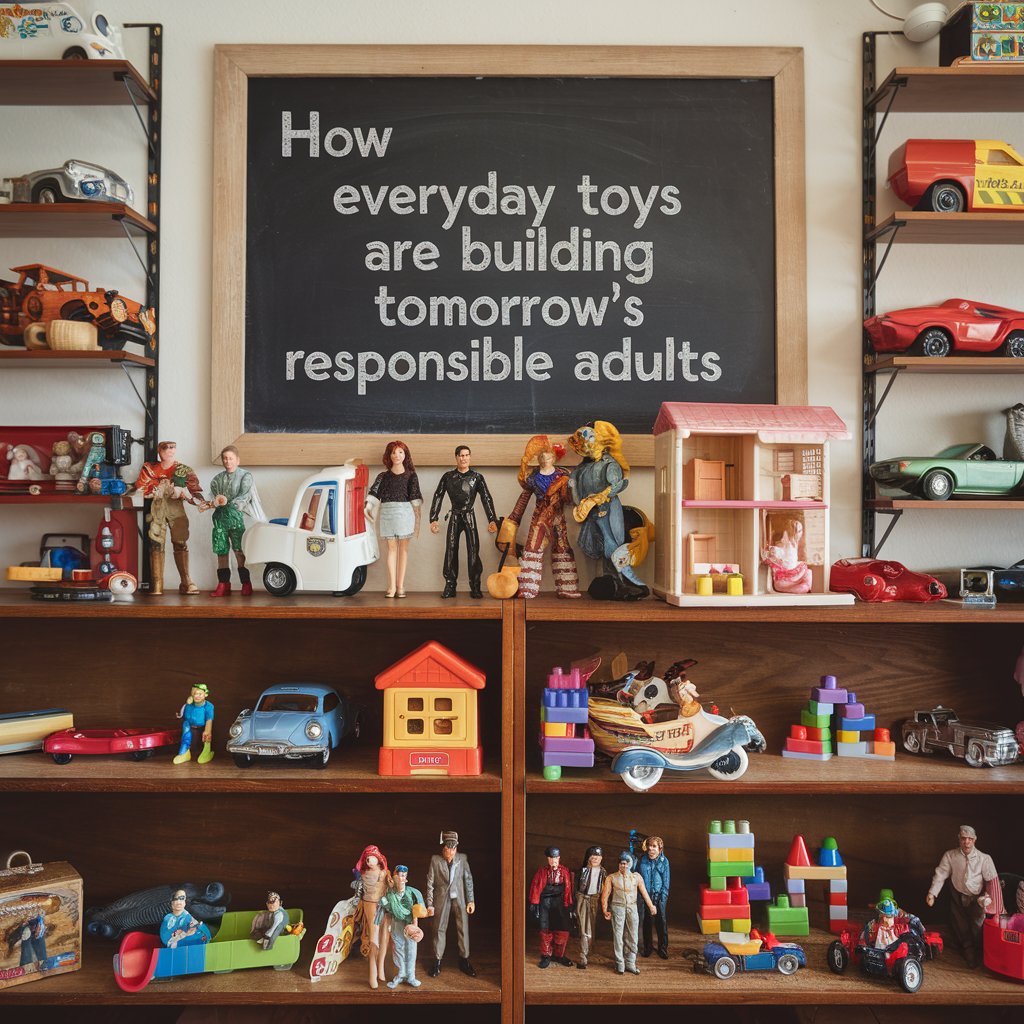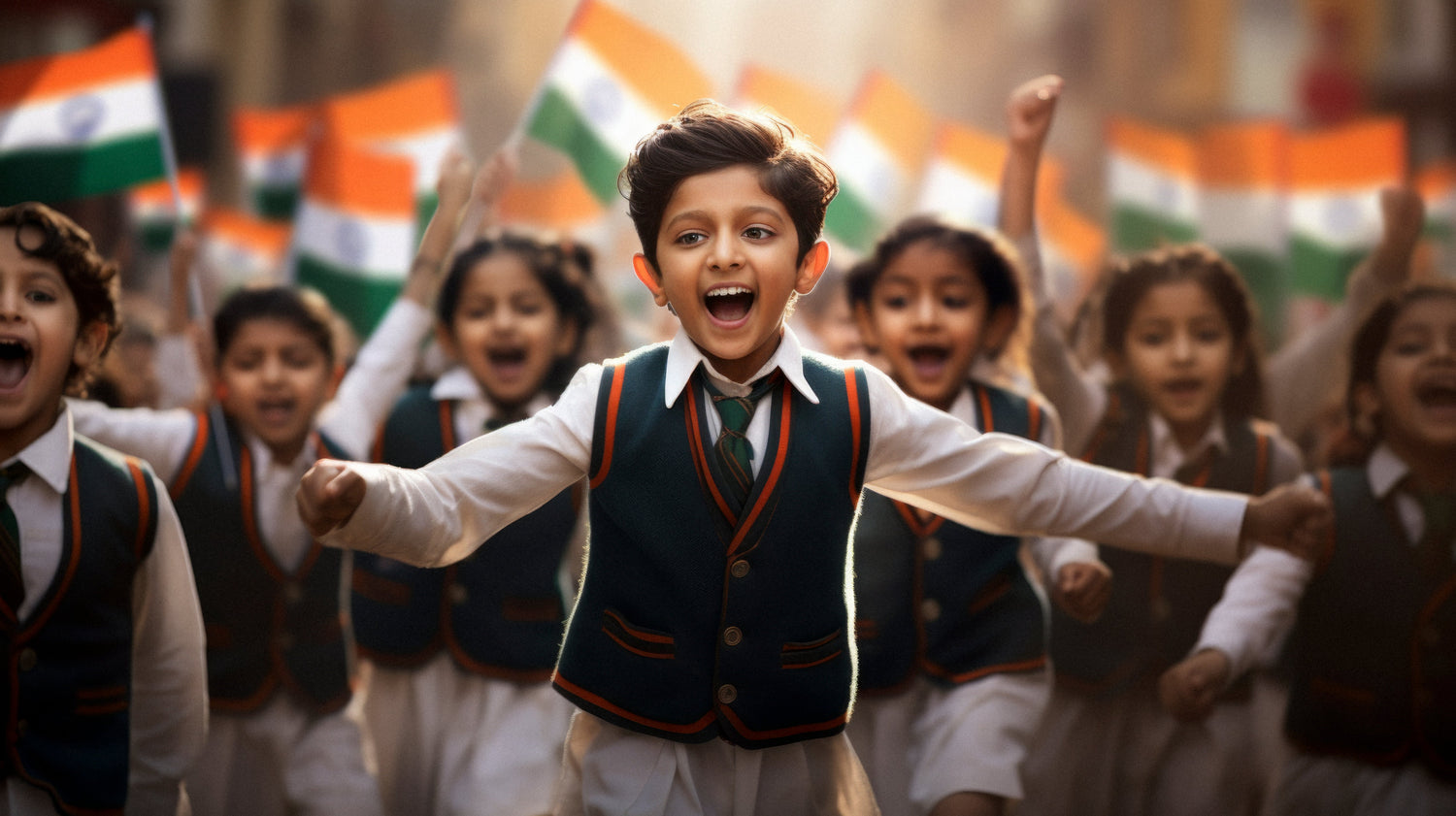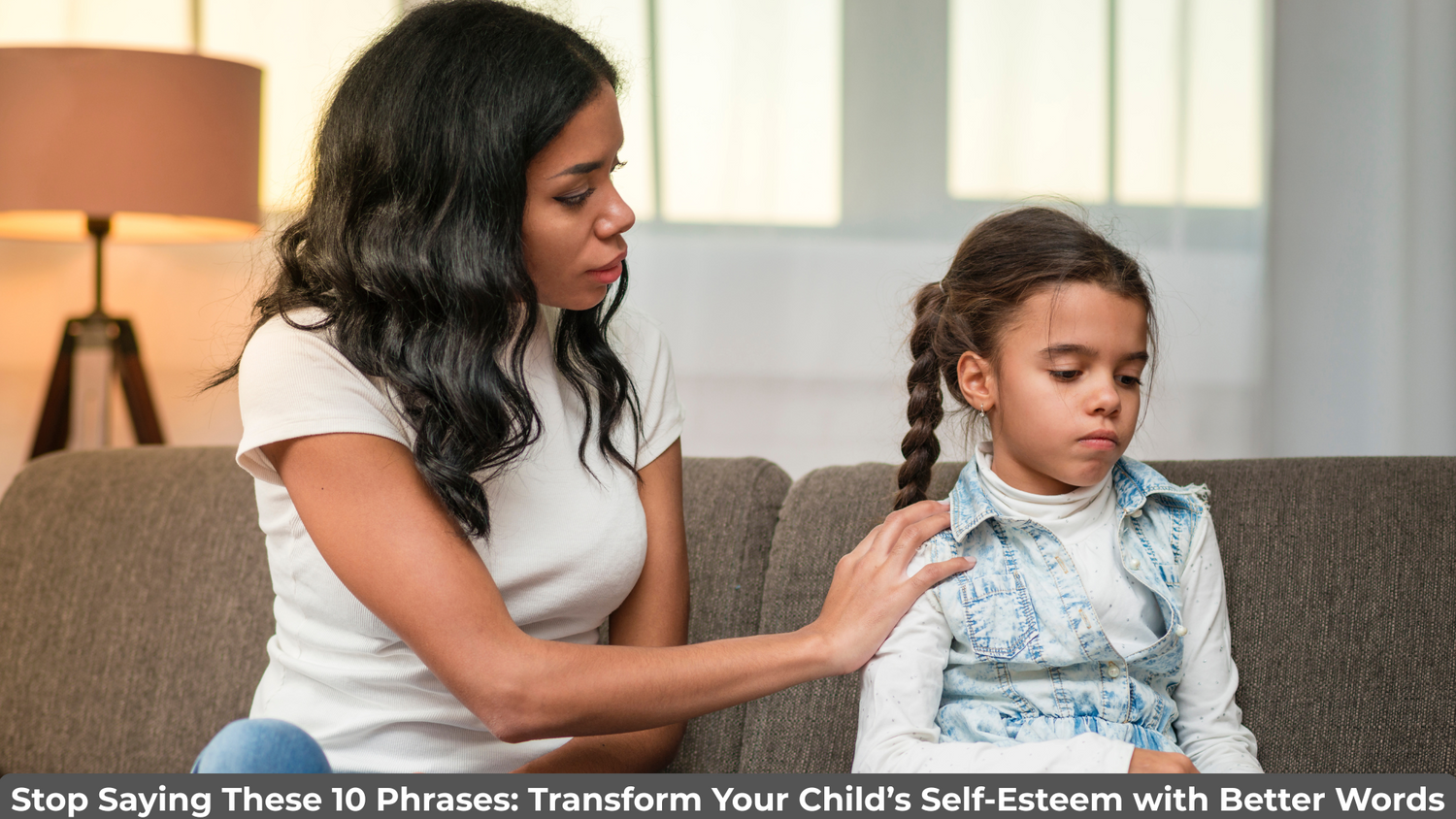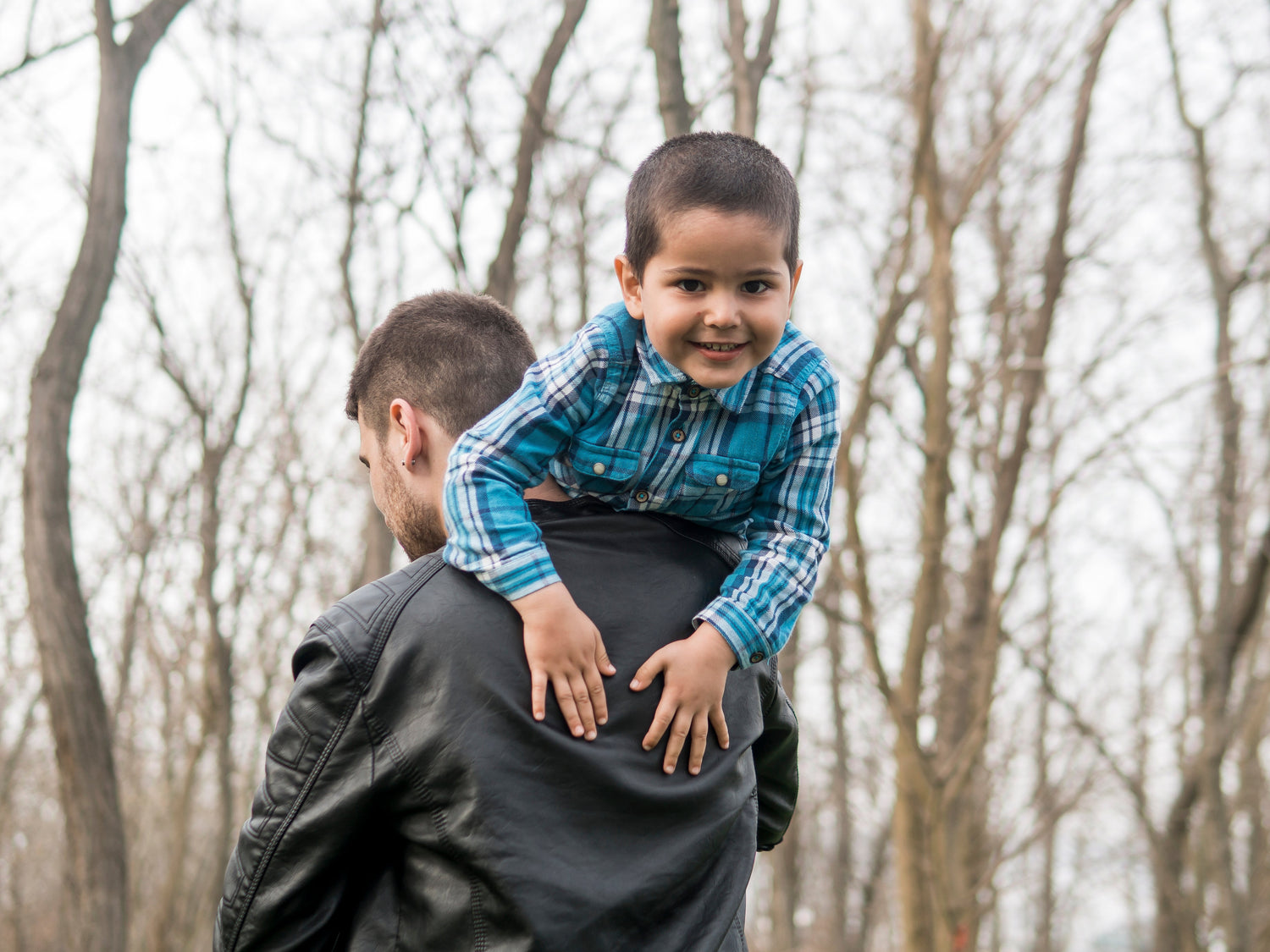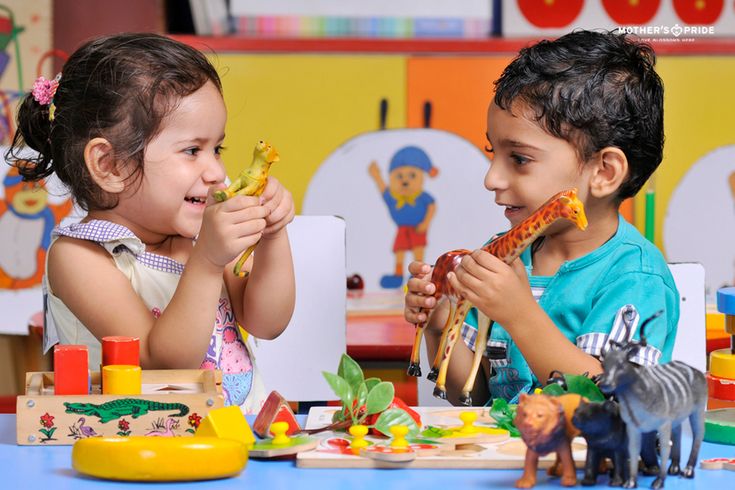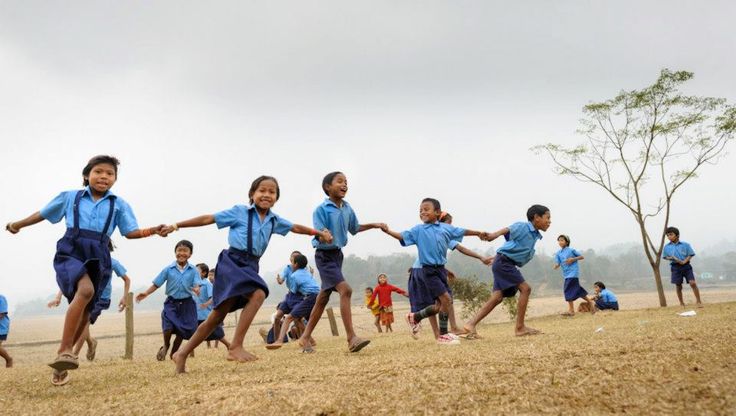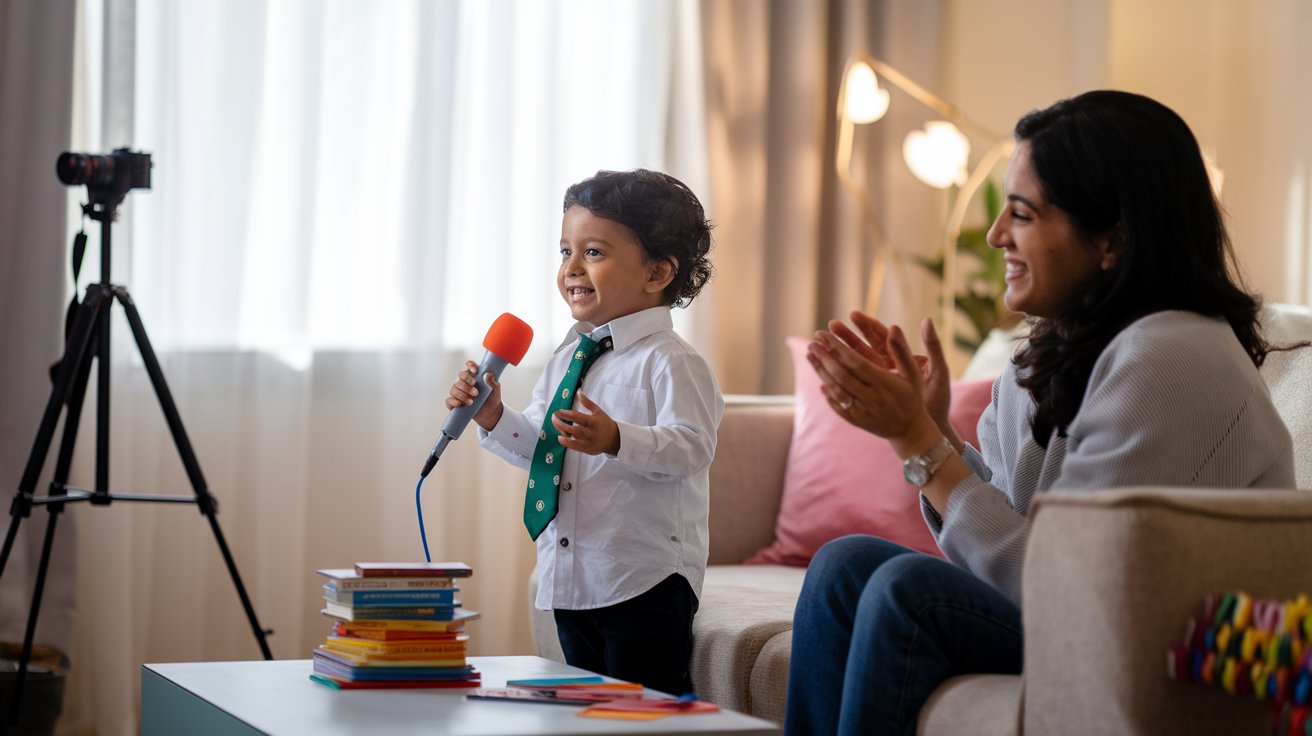When we think about teaching kids to be responsible, we usually consider schoolwork, chores, and other structured activities. But did you know that toys can actually play a big role in this too? Yes, those fun, colorful items that keep kids entertained can help them learn about responsibility in surprising ways. Let’s dive into how this happens and why it’s so important!
Toys: More Than Just Fun
At first glance, toys might seem like just a way to keep kids busy. But there’s a lot more going on with those toys than you might think. Here’s how they help kids develop important life skills:
1. Learning to Organize:
Think about building blocks or puzzles. These toys aren’t just fun; they help kids learn to stay organized. When kids are putting together a Lego set or working on a tricky puzzle, they need to figure out which piece goes where and what to do next. This kind of play helps them practice planning and keeping track of things. It’s like a game of organizing that teaches them the importance of structure and order—skills that are essential for being responsible.
2. Taking Care of Their Belongings:
Some toys, like dolls or stuffed animals, need a bit of care. When kids are asked to clean, repair, or put away these toys properly, they learn to value and take care of their belongings. For example, brushing a doll’s hair or fixing a broken toy teaches them to take pride in their possessions. It’s not just about keeping their room tidy; it’s about understanding the effort involved in maintaining what they own.
3. Making Decisions:
Toys that require thinking, like strategy games or pretend playsets, are great for teaching decision-making. Whether they’re deciding their next move in a game or picking a role in a pretend scenario, kids learn that their choices affect what happens next. Playing “Monopoly,” for instance, helps kids understand money management and strategy. They learn that every decision has consequences, which is a big part of being responsible.
Examples of Toys That Teach Responsibility
Let’s look at some specific toys that can help kids develop a sense of responsibility:
Building Blocks:
From simple wooden blocks to intricate Lego sets, these toys are fantastic for teaching kids to plan and stay organized. Building a tall tower or a detailed model requires careful thought and effort. Kids see the results of their hard work and learn the value of persistence and responsibility.
Soft Toys:
Soft toys like stuffed animals also teach kids about responsibility in a unique way. When kids care for their stuffed animals, they often engage in nurturing activities like feeding, dressing, or putting them to bed. This kind of play helps them learn about empathy, care, and the responsibilities of looking after others. For example, creating a bedtime routine for a favorite stuffed animal can teach children about consistency and the importance of care, which are essential aspects of responsibility.
Educational Kits:
Science kits, art sets, or DIY projects are excellent for teaching kids about responsibility. These kits come with instructions that children need to follow carefully. Completing a science experiment or crafting a project requires patience and attention to detail. Kids learn about the importance of following through and handling materials with care.
Role-Playing Toys:
Dress-up clothes and role-playing sets, like a doctor’s kit or a chef’s apron, let kids explore different professions and scenarios. They learn to make decisions, follow through on tasks, and understand the responsibilities associated with various roles. For example, pretending to be a doctor might involve making decisions about how to “treat” patients, which teaches kids about responsibility in a fun and interactive way.
The Surprising Impact of Toys on Responsibility
Here’s a surprising fact: Research shows that children who engage with toys that promote responsibility often develop better skills in planning, self-control, and problem-solving. These kids are more likely to act responsibly in real-life situations because they’ve had practice through play. So, those toys you thought were just for fun? They’re actually helping shape your child’s future in important ways!
What This Means for You
The next time you’re picking out a toy for your child, think about more than just entertainment. Consider how the toy might help them learn about responsibility. It’s not just about keeping them occupied—it’s about helping them grow into capable, responsible individuals.
So, when you see a toy on the shelf, remember: it might be more than just a plaything. It could be a valuable tool for teaching your child important life skills. Playtime is not just about having fun—it’s a chance for your child to learn and grow. And who knows? That simple toy might just be the key to unlocking your child’s sense of responsibility!


